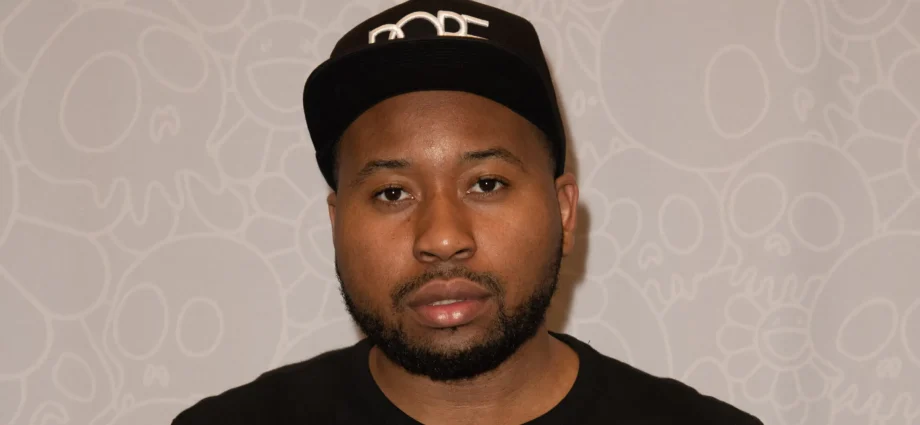The term defamation has been thrown around in hip-hop circles as of late. Drake and Kendrick Lamar‘s gruesome rap feud resulted in a wide array of unsubstantiated allegations from both sides which could feasibly damage either of the artists’ reputations, whether the comments made are true or not. Shortly after the feud came to an end, a woman sued DJ Akademiks for an alleged sexual assault and added accusations of defamation to the mix.
But what does defamation actually mean, and how can a court of law determine it? Here, we’ll explain the exact meaning of defamation, analyze the causes and effects of a defamation suit, and describe what makes someone guilty of defamation in a court of law. Without any further preamble, let’s dive right in and asses the legal term.
Read More: Akademiks Sued For Rape & Defamation: What We Know
Defamation Must Be False
For defamation to stick, the court requires proof that a defendant’s made provably false and actively harmful claims. According to a legal definition by PBS, “Defamation is any false information that harms the reputation of a person, business, or organization.” The court defines defamation into two categories: libel, written defamation, and slander, defined as spoken defamation. The latter includes statements made on public forums, such as DJ Akademiks’ live streams and other broadcast media outings.
To establish defamation, a plaintiff usually needs to show that the statement was false, communicated to someone other than the plaintiff, and resulted in reputational damage. For public figures, it must also be proven that the statement was made with actual malice, which means it was either known to be false or made with reckless disregard for the truth.
For instance, some have argued that Kendrick Lamar and Drake have grounds to sue one another for defamation due to the allegations made in their respective diss songs. Without any substantial evidence, Drake accused Kendrick of physically assaulting his wife while the Compton MC alleged that Drake engaged in sexual acts with minors. However, if they did decide to take these issues to court, both parties would have to bring evidence to prove that the other party proliferated false and harmful information. Ultimately, if either brought the other party to court over these claims, they would likely have to open an investigation into whether this language rings true to reality for the affected individuals.
Journalists Are Often Accused Of Defamation
According to PBS‘s meaning of defamation, journalists are frequent targets of defamation suits as their reporting can often touch a nerve for public-facing figures. However, the First Amendment often protects journalists who uphold proper ethical standards in their work. Still, the critical aspect of these type of lawsuits against journalists requires proof of malice.
For an example of this, look no further than the lawsuit accusing DJ Akademik of sexual assault and defamation case. The lawsuit claims DJ Akademiks allegedly drugged and raped his former girlfriend, Fauziya Abashe. Abashe accuses AK of defaming her online following the abuse, citing claims from the media figure that she willingly engaged in sexual activity with multiple partners in his home, and was not ,in fact, assaulted. If the court finds Akademiks innocent of these charges, he could countersue for defamation, as these serious allegations have undoubtedly impacted his reputation and financial success. Ultimately, it depends on the proof provided in these cases.
How Do Courts Punish Defamation?
The court often imposes financial charges as punishment for defamation, meaning those found guilty must pay out large sums of money to the plaintiff. This could include compensatory damages (for harm suffered), punitive damages (to punish the defendant), and sometimes nominal damages (symbolic compensation). If Fauziya Abashe’s claims prove true, she will likely pursue a substantial sum from Akademiks, as the court usually bases financial compensation on the damages suffered by the plaintiff, including emotional harm, loss of employment, and medical issues arising from stress. The young woman’s lawyer recently stated to the press that they had contacted Akademiks multiple times to settle the matter privately before legal proceedings began, but he refused.
[Via] [Via]
Source link

